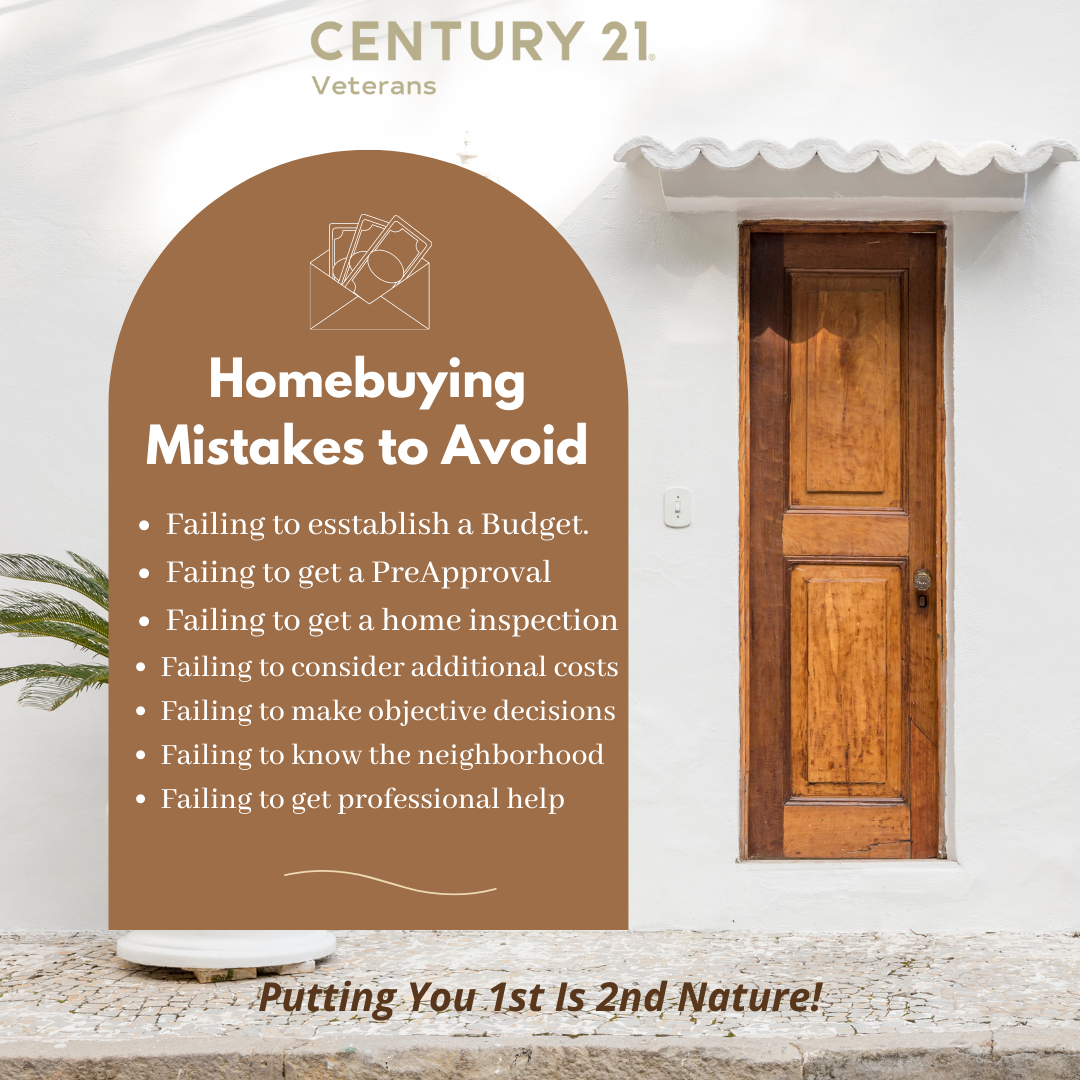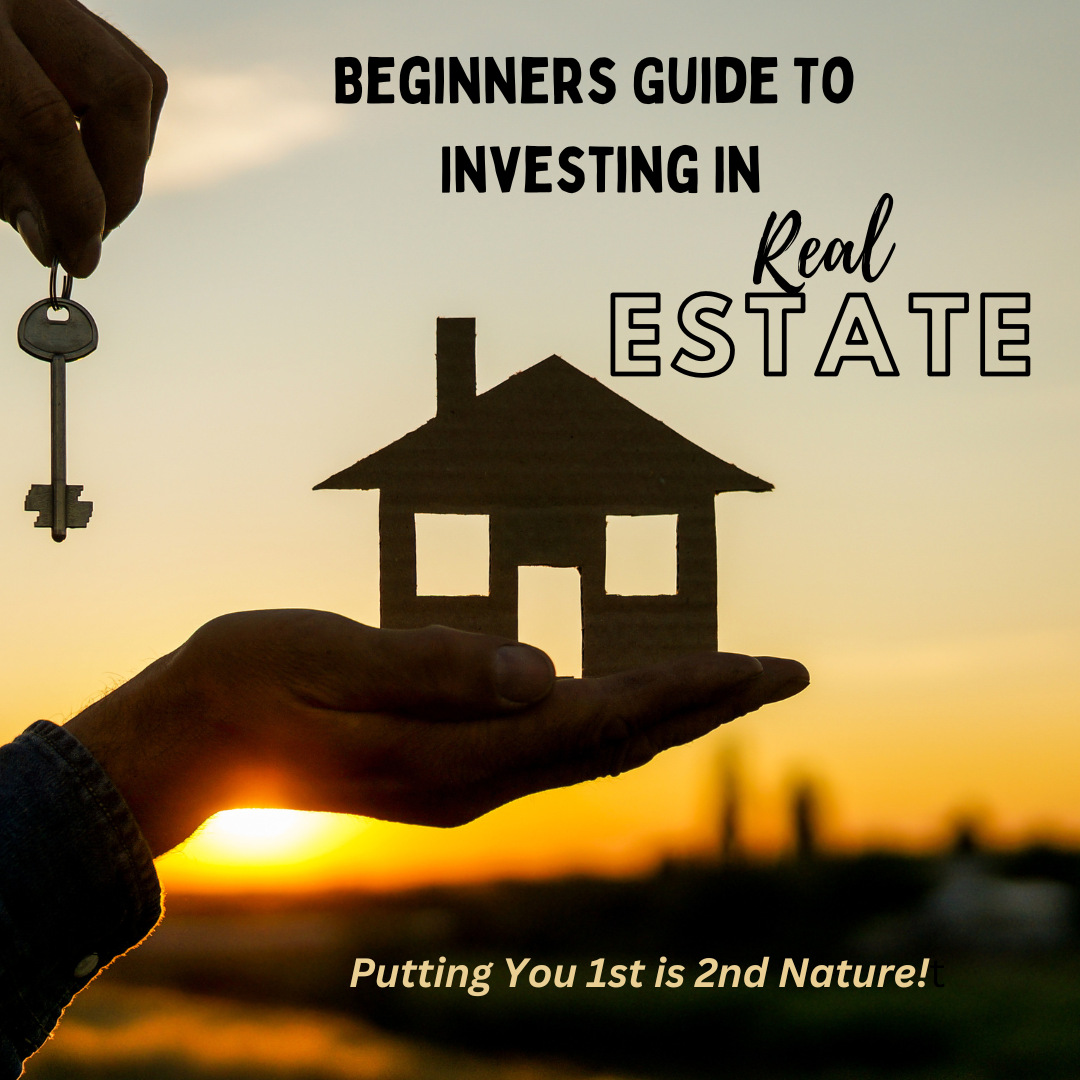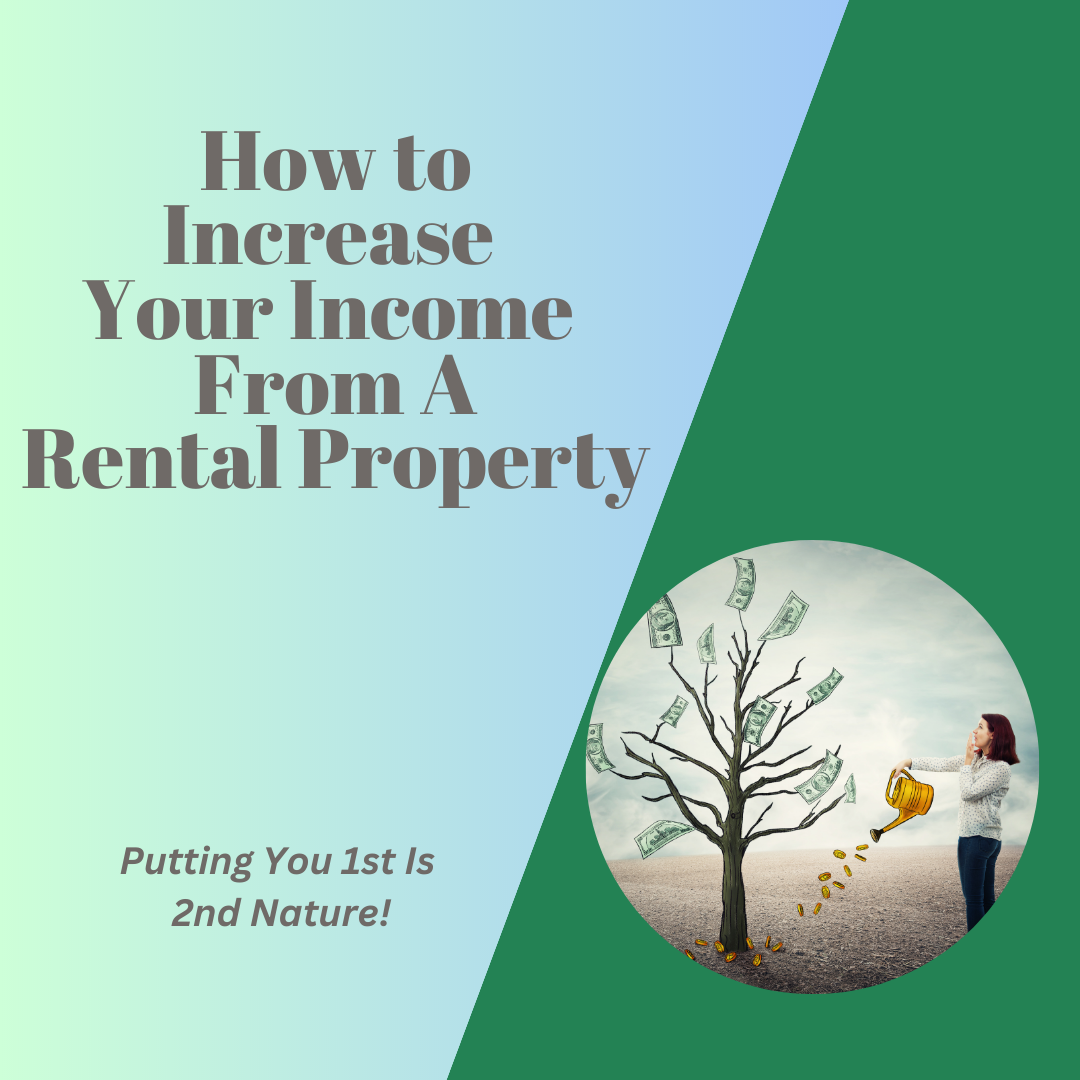Energy-Efficient Home Upgrades:
Making your home more energy-efficient not only helps the environment but also saves you money on your utility bills. With a few simple upgrades, you can transform your home into an eco-friendly haven. Here are some easy tips for energy-efficient home improvements:
1. Install Energy-Efficient Lighting
Swap out traditional incandescent light bulbs with energy-efficient alternatives such as LED or CFL bulbs. These bulbs use significantly less energy and last much longer. Consider installing motion sensor switches in rooms that are frequently unoccupied to ensure lights are not left on unnecessarily.
2. Upgrade to Energy-Efficient Appliances
Old appliances can be major energy hogs. Consider upgrading to Energy Star certified appliances. Which are designed to consume less electricity while providing the same level of performance. Look for the Energy Star label when purchasing new refrigerators, dishwashers, washing machines, and other appliances.
3. Seal Air Leaks
Air leaks around windows, doors, and other openings can significantly impact your home’s energy efficiency. Use weatherstripping and caulk to seal gaps and cracks, preventing drafts and heat loss. Consider installing door sweeps to seal gaps at the bottom of doors.
4. Insulate Your Home
Proper insulation is crucial for maintaining a comfortable indoor temperature and reducing energy waste. Insulate your walls, attic, and basement to prevent heat transfer. Consider using eco-friendly insulation materials like cellulose or recycled denim.
5. Install a Programmable Thermostat
A programmable thermostat allows you to set different temperatures for different times of the day. This way, you can optimize energy usage by reducing heating or cooling when you’re away or asleep. Smart thermostats take it a step further by learning your preferences and adjusting settings automatically.
6. Use Energy-Efficient Window Treatments
Window treatments such as blinds, shades, and curtains can help regulate the temperature in your home. Opt for energy-efficient options that provide insulation and block sunlight during hot summer months. This reduces the strain on your cooling system, resulting in lower energy consumption.
7. Harness Solar Power
Consider installing solar panels on your roof to generate clean and renewable energy. Solar power can significantly reduce your reliance on the grid and lower your electricity bills. Additionally, some governments offer incentives and tax credits for solar installations, making it even more affordable.
8. Upgrade to Low-Flow Fixtures
Replace old faucets, showerheads, and toilets with low-flow alternatives. These fixtures are designed to reduce water consumption without sacrificing performance. By conserving water, you not only save energy used for water heating but also contribute to water conservation efforts.
9. Optimize Heating and Cooling Systems
Maintain and clean your heating and cooling systems regularly to ensure optimal performance. Replace air filters as recommended by the manufacturer and schedule professional maintenance to keep your systems running efficiently. Consider upgrading to energy-efficient models if your current systems are outdated.
10. Educate Your Household
Encourage everyone in your household to practice energy-saving habits. Simple actions like turning off lights when not in use, unplugging electronics, and using natural light can go a long way in reducing energy consumption. By creating awareness and fostering a culture of energy efficiency, you can maximize the impact of your home upgrades.
By implementing these energy-efficient home upgrades, you’ll be taking significant steps toward creating a greener and more sustainable living space. Not only will you be helping the planet, but you’ll also enjoy long-term savings on your energy bills. Start making a difference today and transform your home into an energy-efficient oasis.


 Facebook
Facebook
 X
X
 Pinterest
Pinterest
 Copy Link
Copy Link



















